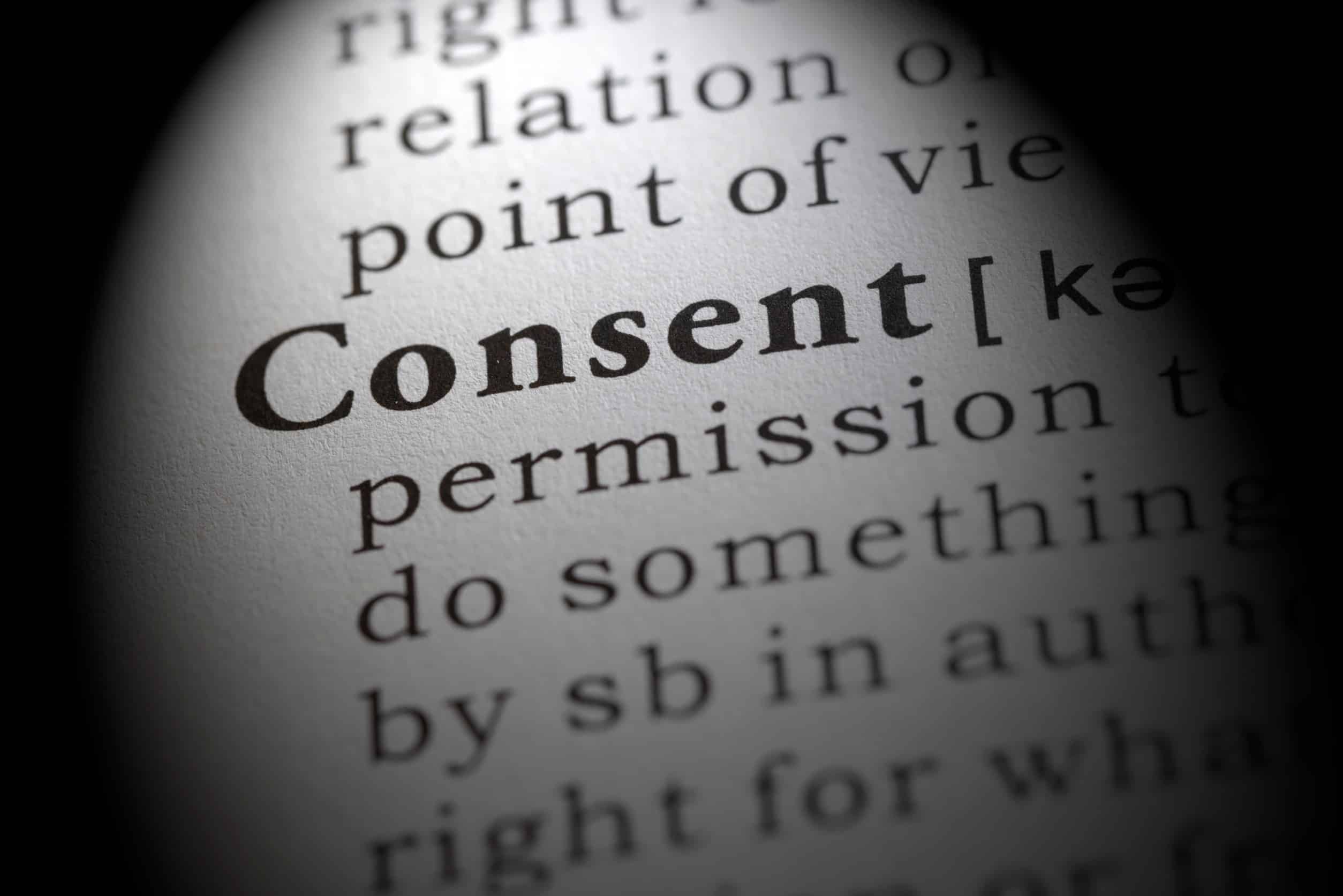Consent plays a pivotal role in determining the outcome of sexual assault cases in Colorado. Understanding how the law defines and interprets consent is essential for both the accused and the accuser, as it is often the central issue in these cases.
In Colorado, the legal definition of consent, the circumstances under which it can be given, and the factors that invalidate it are crucial components of any sexual assault case.
Understanding Consent in Colorado Law
Under Colorado law, consent is the agreement to engage in a specific act, given freely and voluntarily by someone with the legal capacity to do so. For consent to be valid, it must be informed, meaning all parties involved clearly understand what they are consenting to.
Consent cannot be assumed from silence, the absence of resistance, or previous relationships. It must be affirmative, with clear communication, that all parties agree to the sexual activity.
Notably, Colorado law also recognizes that certain circumstances can negate consent, even if it was initially given. For example, consent cannot be obtained through force, threats, or intimidation.
Additionally, a person who is incapacitated—due to drugs, alcohol, or a mental or physical condition—cannot legally give consent. This means that even if a person appears to agree to sexual activity, that agreement is not legally valid if they are unable to make a conscious and informed decision.
Factors That Invalidate Consent in Colorado
Several factors can invalidate consent in sexual assault cases in Colorado. These include:
-
Incapacity
If a person is intoxicated, unconscious, or otherwise incapable of making a rational decision, they cannot legally consent to sexual activity. Incapacity due to drugs or alcohol is a common issue in sexual assault cases, mainly when there is disagreement about whether the victim is too impaired to give valid consent.
-
Coercion and Force
Consent obtained through force, threats, or intimidation is not considered valid. This includes not only physical force but also emotional or psychological manipulation. For example, if someone is pressured into agreeing to sexual activity out of fear for their safety, their consent is not legally recognized.
-
Age of Consent
In Colorado, the legal age of consent is 17. However, there are close-in-age exceptions for individuals within four years of age of each other, as long as the younger party is at least 15 years old. If one party is below the age of consent and does not fall within these exceptions, they cannot legally consent to sexual activity, even if they verbally agree.

The Role of Consent in Colorado Legal Proceedings
In Colorado sexual assault cases, the prosecution must prove beyond a reasonable doubt that the accused engaged in sexual activity without the other party’s consent. This often involves scrutinizing the circumstances under which the alleged assault occurred, including the interactions leading up to the event, the state of mind of both parties, and any evidence that suggests force, coercion, or incapacity.
For the defense, challenging the prosecution’s narrative often hinges on the issue of consent. The defense may argue that the alleged victim gave explicit, affirmative consent or that the accused reasonably believed consent was given. This can involve presenting evidence such as text messages, witness testimony, or other forms of communication that suggest mutual agreement.
However, cases where consent is disputed are often complicated and emotionally charged. The lack of physical evidence or witnesses can make it difficult to prove or disprove consent, leading to a reliance on the parties’ credibility.
Given the complexities surrounding the issue of consent, it is vital for anyone involved in a sexual assault case—whether as the accused or the accuser—to seek experienced legal representation.
About the Author:
Kimberly Diego is a criminal defense attorney in Denver practicing at The Law Office of Kimberly Diego. She obtained her undergraduate degree from Georgetown University and her law degree at the University of Colorado. She was named one of Super Lawyers’ “Rising Stars of 2012 & 2019-2022” and a “Top 100 Trial Lawyers in Colorado” for 2012-2022 by The National Trial Lawyers. Both honors are limited to a small percentage of practicing attorneys in each state. Additionally, Expertise names her to its lists of the 25 Best Denver DUI Lawyers and 21 Best Denver Criminal Defense Lawyers, both in 2020-2022. Ms. Diego has also been recognized for her work in domestic violence cases.





